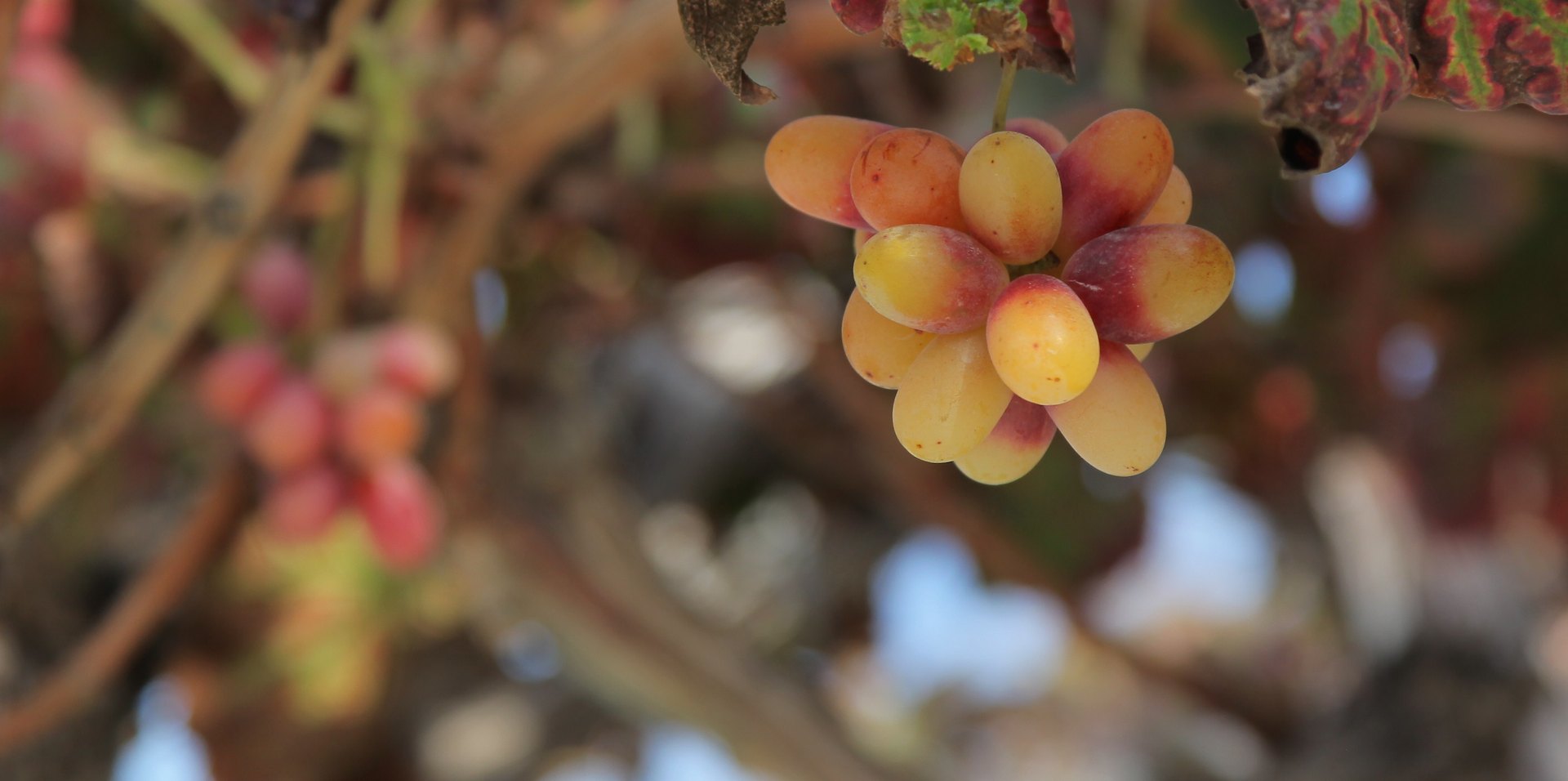Objectives
The main objective is to implement, demonstrate and disseminate a sustainable irrigation strategy based on deficit irrigation to promote its large scale acceptance and use in woody crops in Mediterranean agroecosystems, characterized by water scarcity, without affecting the quality standards demanded by exportation markets. With the adoption of this irrigation management we mean to ensure efficient use of water resources, improving quantitative water management, preserving high level of water quality and avoiding misuse and deterioration of water resources. The adoption of efficient irrigation will also lead to increments in water productivity, increments in the potential carbon fixation of the agroecosystem, and decrease energy costs of pressurized irrigation, together with mitigation and adaptation to climate change. The project will achieve the general objective by implication of farmers, irrigation communities, agronomists, industry, consultants, associations and public administration, by increments in social awareness for sustainable irrigation benefits, optimization of irrigation scheduling, improvements in technology, and dissemination of sustainable irrigation guidelines.
Detailed objectives:
1. To implement a sustainable irrigation in demonstrative plots in different woody crops, by using different water quality, paying special attention to reuse treated wastewater. Different soil, water and environmental indicators will be selected to define the irrigation strategy and increase water productivity.
2. To extrapolate the irrigation procedure to the total surface of the demonstration farms.
3. To characterize the agronomical and physiological response of crops by using precision tools for measuring the soil and plant water status and the incidence of sustained/deficit irrigation on crop yield and fruit quality.
4. To validate the decrease of deficit irrigation on water consumption, water leaching, soil and water pollution by nitrates, soil CO2 release and energy consumption.
5. To elaborate expert control models for the self-regulation of the different deficit irrigation treatments according to the established irrigation instructions, to be widely disseminated.
6. To disseminate and transfer knowledge and technology generated at regional, national and European level by means of public information adapted to different stakeholders.
